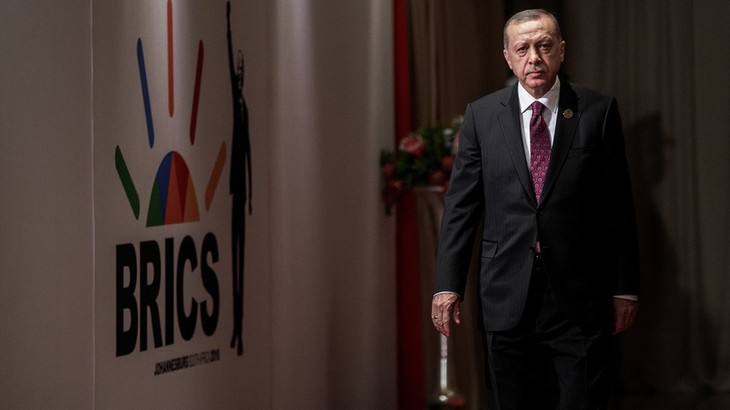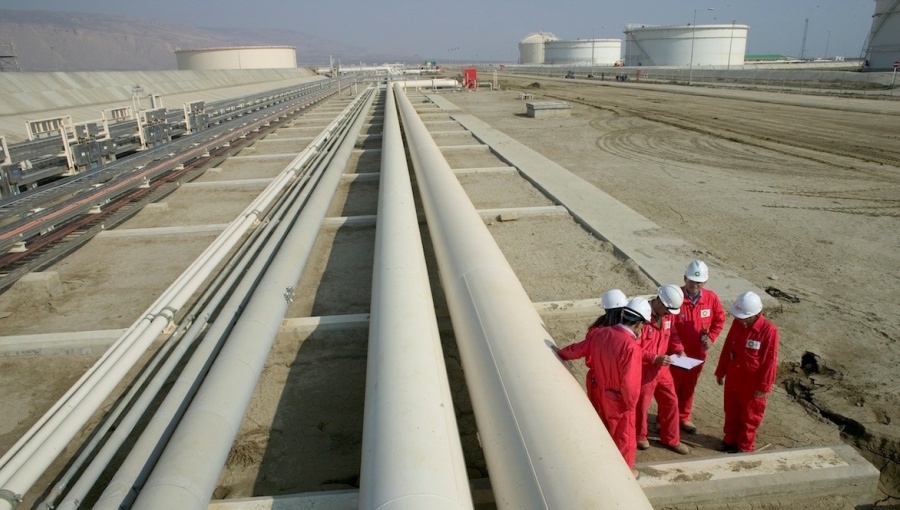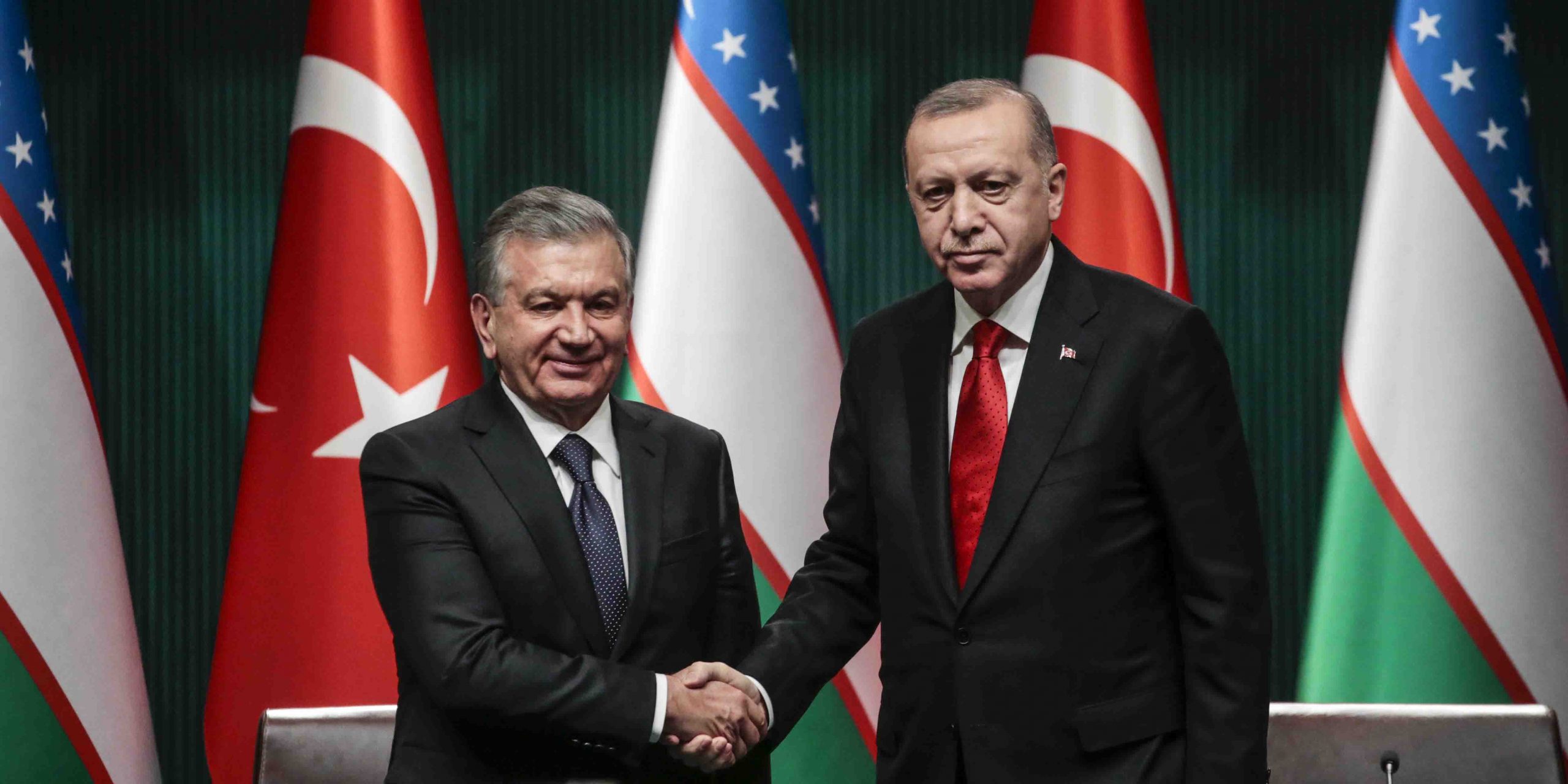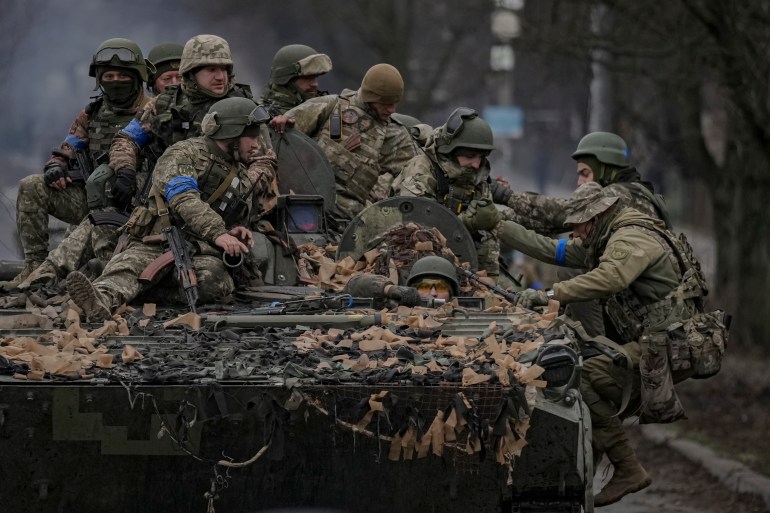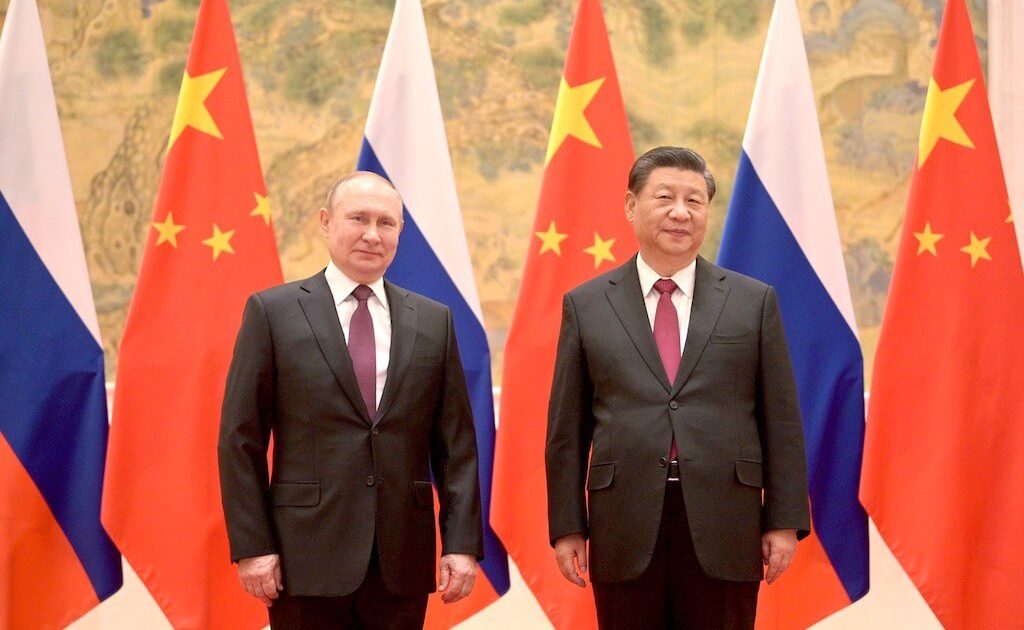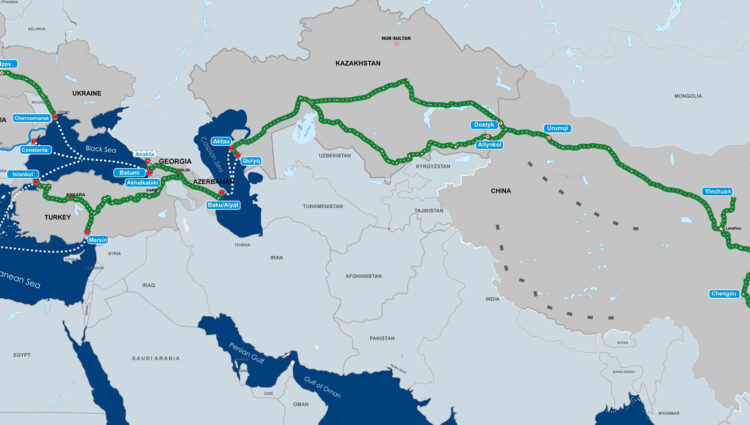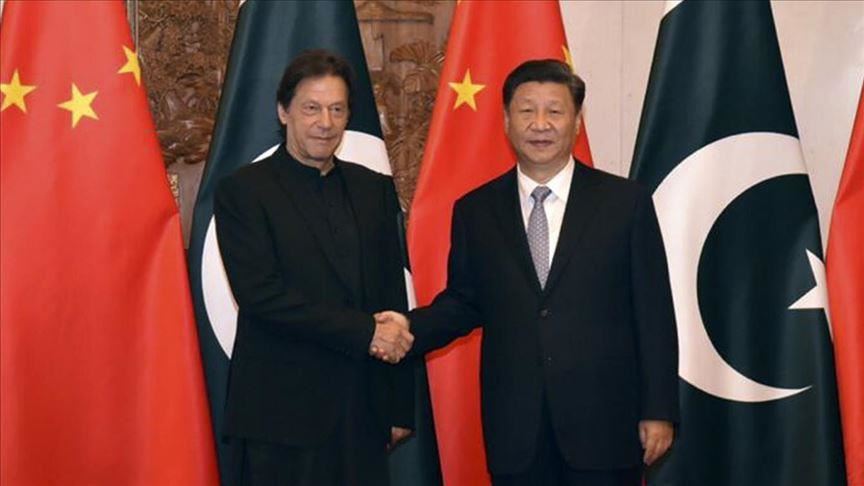Publication: Eurasia Daily Monitor Volume: 21 Issue: 100
Executive Summary:
- In June, Turkish Foreign Minister Hakan Fidan met with Russian President Vladimir Putin to discuss, among other issues, Türkiye’s prospective membership in the loose-economic grouping of BRICS, which Putin “fully supports.”
- The impetus for BRICS expansion has grown significantly amid Russia’s full-scale invasion of Ukraine, with Moscow and Beijing promoting it as a critical counterweight to US and Western influence.
- Türkiye’s pursuit of BRICS membership looks to promote foreign investment, increased market access, and economic growth and reflects a foreign policy tradition of balancing between regional powers.
On June 11, Turkish Foreign Minister Hakan Fidan attended a session of the BRICS group (a loose political-economic grouping originally consisting of Brazil, Russia, India, China, and South Africa) in Moscow. While there, he met with Russian President Vladimir Putin, Foreign Minister Sergei Lavrov, and Russian Security Council Secretary Sergei Shoigu (Turkish Foreign Ministry, June 11). During the face-to-face meeting with Putin, Fidan discussed bilateral economic and political relations, focusing on the geopolitical turmoil in the Middle East caused by the war in Gaza (Al-Monitor, June 16). Putin vowed to “fully support” Turkish membership in BRICS and build stronger ties to facilitate further economic cooperation. Continue reading

